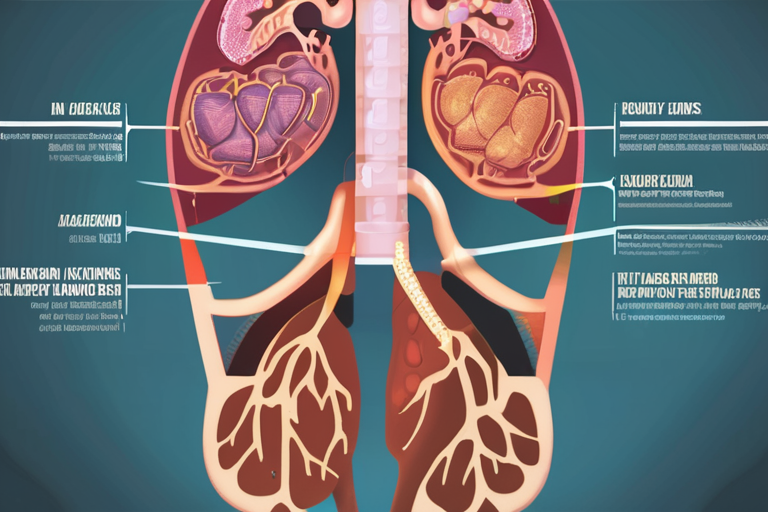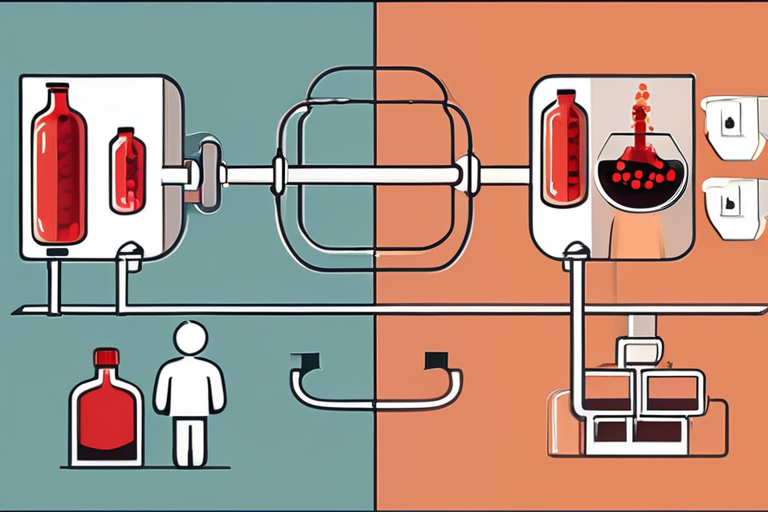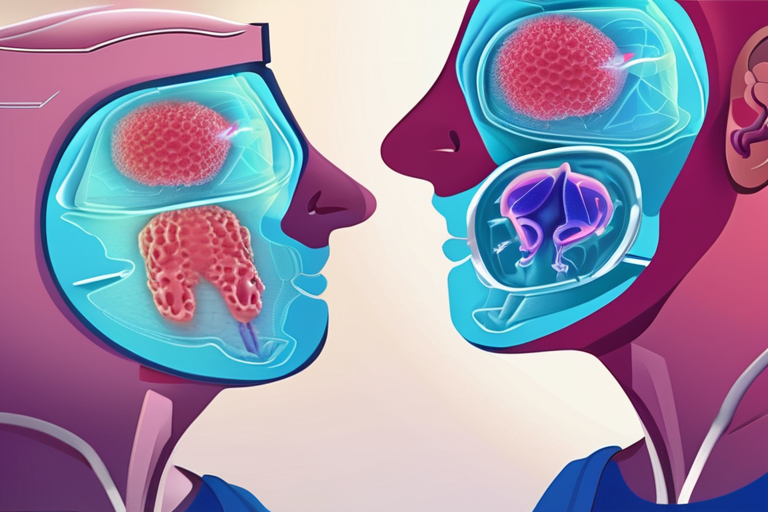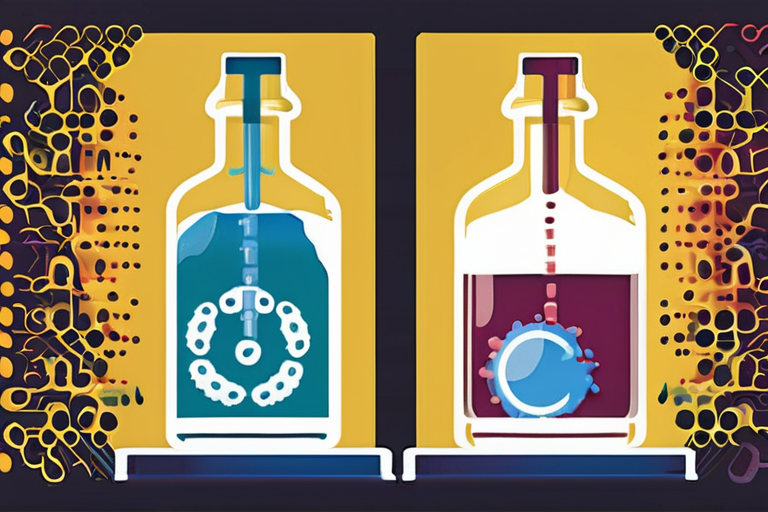Researchers at the University of Colorado Anschutz Medical Campus have made a groundbreaking discovery that sheds new light on the link between alcohol consumption and liver disease. According to a study published in the journal Nature, blocking a specific enzyme involved in sugar metabolism significantly reduced drinking behavior and liver damage in mice.
The study found that alcohol activates a sugar-producing pathway in the body, resulting in the production of fructose, a sugar that may reinforce addictive drinking and contribute to liver injury. The enzyme responsible for this process, known as KHK, appears to play a crucial role in both alcohol cravings and liver damage. When KHK was blocked in mice, their drinking behavior decreased, and their livers showed significantly less damage.
"This is a major breakthrough in understanding the complex relationship between alcohol consumption and liver disease," said Dr. Maria Rodriguez, lead author of the study. "Our findings suggest that targeting KHK may be a promising therapeutic approach for treating alcohol-associated liver disease and alcohol use disorder."
The study's results have significant implications for the treatment of ALD and AUD. Currently, there are limited effective treatments for these conditions, and the development of new therapies is urgently needed. The discovery of KHK's role in sugar metabolism and its link to alcohol addiction and liver damage offers a new avenue for research and potential treatment.
According to Dr. John Taylor, a leading expert in liver disease, the study's findings are "exciting and promising." "The idea that we can target a specific enzyme to reduce drinking behavior and liver damage is a game-changer," he said. "This research has the potential to revolutionize the way we treat ALD and AUD."
The study's results also highlight the importance of sugar metabolism in the development of liver disease. "We've long known that sugar metabolism is critical for liver function, but we've only recently begun to understand the complex interplay between sugar metabolism and alcohol consumption," said Dr. Rodriguez.
The next step in this research is to conduct further studies in humans to confirm the findings and explore the potential therapeutic applications of KHK inhibition. "We're eager to translate these findings into clinical trials and explore the potential of KHK inhibition as a treatment for ALD and AUD," said Dr. Rodriguez.
In the meantime, the study's results offer new hope for individuals struggling with alcohol addiction and liver disease. "This research is a reminder that there is still much to be learned about the complex relationship between alcohol consumption and liver disease," said Dr. Taylor. "But with continued research and innovation, we may be able to develop more effective treatments and improve outcomes for those affected by these conditions."



























Share & Engage Share
Share this article